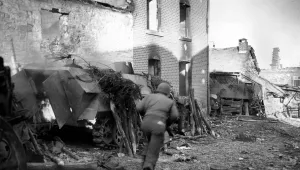International Security is America's leading peer-reviewed journal of security affairs.
Summary
Postconflict state reconstruction has become a priority of donors in Africa. Yet, externally sponsored reconstruction efforts have met with limited achievements in the region. This is partly due to three flawed assumptions on which reconstruction efforts are predicated. The first is that Western state institutions can be transferred to Africa. The poor record of past external efforts to construct and reshape African political and economic institutions casts doubts on the overly ambitious objectives of failed state reconstruction. The second flawed assumption is the mistaken belief in a shared understanding by donors and African leaders of failure and reconstruction. Donors typically misread the nature of African politics. For local elites, reconstruction is the continuation of war and competition for resources by new means. Thus their strategies are often inimical to the building of strong public institutions. The third flawed assumption is that donors are capable of rebuilding African states. Their ambitious goals are inconsistent with their financial, military, and symbolic means. Yet, African societies are capable of recovery, as Somaliland and Uganda illustrate. Encouraging indigenous state formation efforts and constructive bargaining between social forces and governments might prove a more fruitful approach for donors to the problem of Africa’s failed states.
Englebert, Pierre and Denis M. Tull. “Postconflict Resolution in Africa: Flawed Ideas about Failed States.” Spring 2008
The full text of this publication is available in the link below.



